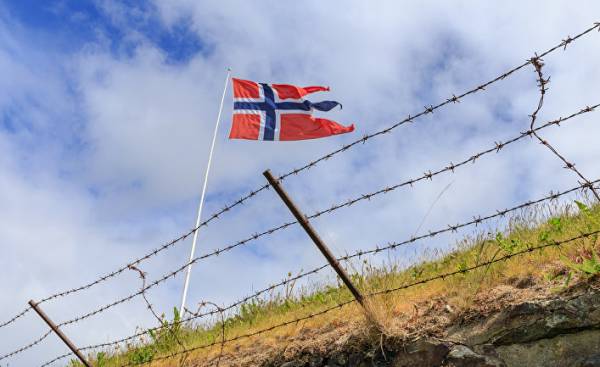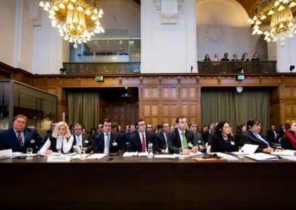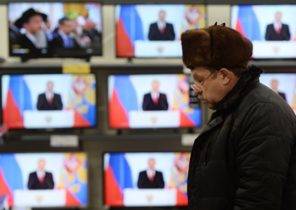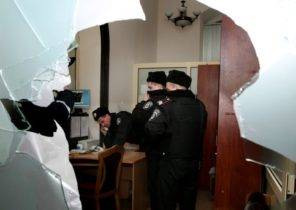
The message of the Russian Embassy shows that the relationship between Norway and Russia are experiencing a period of very strong cooling after the end of the cold war. The letter describes bad relationship, which, according to the Russian, they hurt. The message also contained threats, saying that cooperation with Norway in important areas in danger. For example, the bad the phantom menace contains the following lines:
“Our cooperation can not only stay on constantly referred to the Norwegian side the areas of fisheries, environmental protection, nuclear and radiation safety, search and rescue”.
The Russians make it clear that the cooperation between our two countries — not cream cake when Norway can choose what to eat and what to throw away: to lick the cream from the cake, and the cake then throw it away. The tone of the message is that if Norway counts on the cooperation in the areas important to us, we also must respect the Russian position in other areas.
“Imposed as partners, we are not going to” written in the message.
So the choice of the nature of the relationship depends on Norway, I believe in Moscow.
On the one hand, the Russian Embassy describes a General cooling in relations between Russia and the West. Is Ukraine, and the sanctions, and the transfer of divisions that in recent years more and more clearly manifested on many issues.
The letter mentions the NATO bombing of Yugoslavia in 1999, the invasion of Iraq in 2003, the war with Georgia in 2008, the attack on Libya and regime change in that country in 2011, as well as what Russia calls “the support of nationalists and Russophobes in Ukraine.”
The message also contains sharp criticism of the Norwegian authorities and what is called, in General, negative image of Russia in the Norwegian media.
But the letter in the highest degree is the attack on Norway. It appears that the direct cause of the appearance of the message was the issue with visas that occurred in late January when the Norwegian members of the Storting, the Grand Trine (Trine Skei Grande) and Bard Colell (Bård Vegar Solhjell) has not received a visa for entry to Russia to take part in the official visit as members of the Storting Committee on foreign Affairs. The letter reiterated Russian criticism of the fact that Grande and Solell was included in the delegation traveling to Moscow, although the Russian side on November 29 stated that both of these policies — in Russia undesirable persons. Both were undesirable, because the EU and Norway have imposed sanctions against a number of Russian parliamentarians.
It was weird — and probably not too smart, when foreign Minister børge Brende with great indignation and obvious interest made directly in the TV from the hall to communicate with the press in Parliament and said that the refusal of Russian visas was “Totally unacceptable. Absolutely unconstructive”. Because is it really? When the Russian all the time made it clear that they will retaliate for all the Western sanctions against himself? Russian, certainly, too, noticed that the Brand of person who is against Russia uses two vocabulary words, one silk and friendly, when it is in Kirkenes, and the other characteristic of a veteran of the cold war, when he is in Brussels.
Svalbard, as well as a special interpretation of Norway to the Svalbard Treaty also is one of the Russian message. It is possible that the message is a harbinger of a more active policy of Russia in the Spitsbergen. And then it becomes a problem that Norway will have to solve. The truth is, Norway is alone in his point of view on Norwegian sovereignty over the archipelago.
The time of publication of the message coincides with the meetings that the Vice-President, the Secretary of state and the Minister of defense this weekend will hold with their counterparts in Europe at the annual security conference in Munich. All this comes after a week of serious defeat for Donald trump, who promised to “settle” — as he said — the relationship with Russia. In Moscow are astonished by how Washington has met trump and his team.
For Norway, the message is very dramatic. It is partially declared disaster that strikes at the most vulnerable links in cooperation in the framework of NATO. And that’s a big warning — yellow card issued to the Kingdom, not to any judge but by the enemy. Now we need to choose words.







